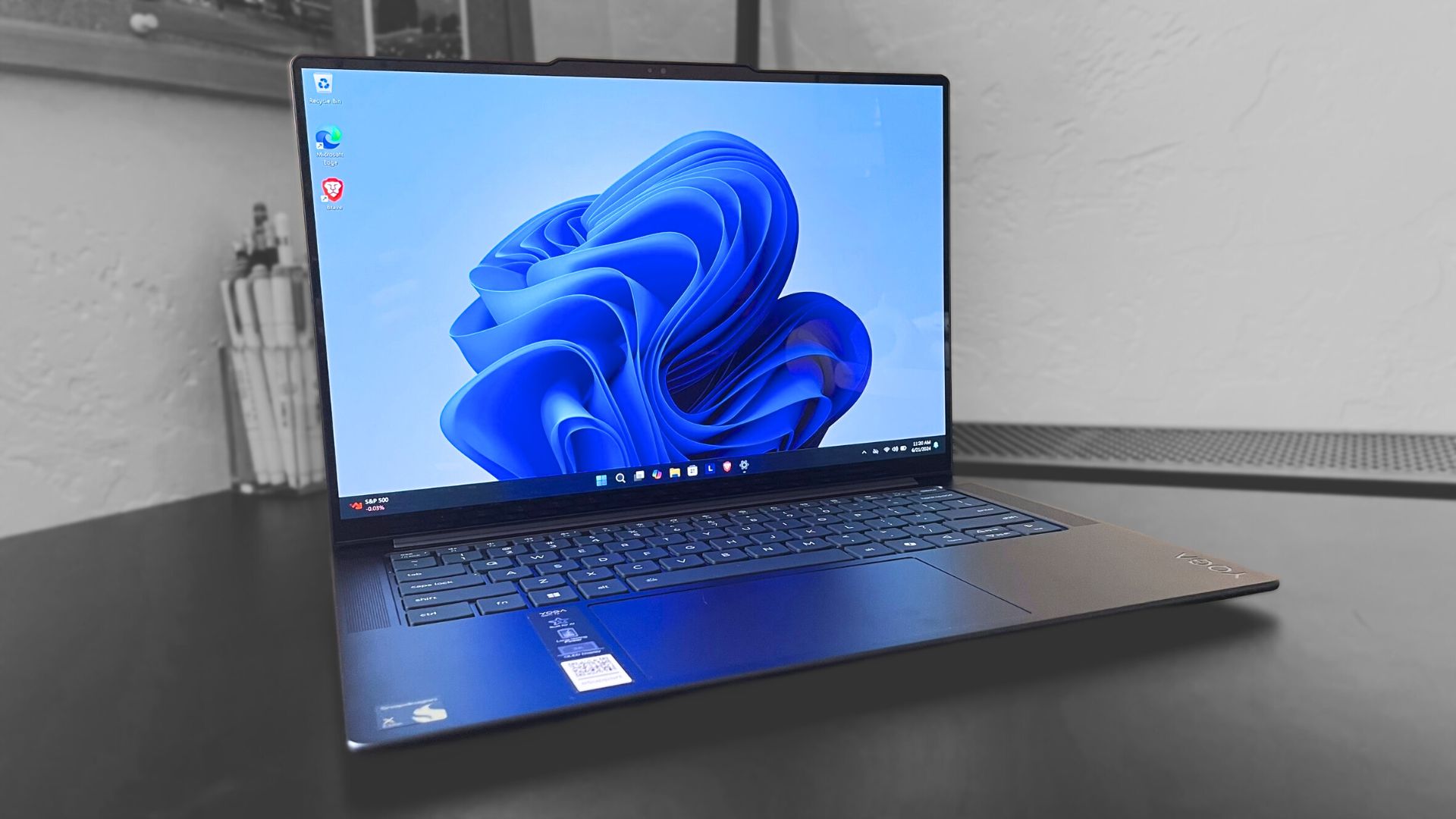
On May 20, Microsoft revealed a new line of AI laptops called Copilot+ PCs, promising new levels of performance using the Microsoft Copilot AI platform. And in mid-June, they began to hit the market.
Asus, HP, Dell, Lenovo, Samsung, and Acer are among the laptop manufacturers integrating the Copilot AI in their new devices. They hope to seriously challenge Apple, which just announced its own on-device AI features at WWDC 2024.
The dawn of this new era poses a lot more questions than answers. Chief among them is whether it's worth buying a Copilot+ PC, and what actually makes them unique.
Whether you're thinking about buying a Copilot+ PC or you're simply curious about all the hype, Laptop Mag dove deep into the world AI PCs and emerged with this easy-to-digest overview of everything you need to know about this new line-up of AI-powered laptops, from features to price and release dates. We even visited Reddit to see how Copilot+ PCs are being received so far.
Latest news on Copilot+ PCs
- Qualcomm Snapdragon X-powered laptops: How does their battery life hold up? | We have our first battery life test results for the first round of Copilot+ PCs. The results might surprise you.
- Microsoft Surface Laptop's Snapdragon X Elite tears through the MacBook Pro in performance |The Microsoft Surface Laptop 7 looks a lot like a MacBook, but can it compete with one? Here's a look at the first test results.
- Microsoft's Copilot+ PC crushes Intel Meteor Lake and MacBook Pro in a key area | The Microsoft Surface Pro (11th generation) came out swinging in our first round of lab tests. Take a look at how it stacks up against Intel and Apple.
- Samsung has the most powerful Copilot+ laptop — here's how it performs against the MacBook Pro | The Samsung Galaxy Book 4 Edge has the most powerful Snapdragon X chip, but how does it hold up against the MacBook Pro? Here's how the benchmark results compare.
- Lenovo Yoga Slim 7X trounces the competition in performance benchmarks | Could the Lenovo Yoga Slim 7x be the new Windows MacBook Air equivalent? The first round of benchmark results show potential.
- New Snapdragon X chips leak just as the first Copilot+ PCs arrive — should you wait? | A June 20 leak hints that Samsung may have a handful of more budget-friendly Snapdragon X chips in the works, which could impact some users' laptop buying decisions.
- How we test AI PCs: The process of lab testing Copilot+ and other AI PCs | Wondering how we're rating and testing this new wave of AI PCs? Here's an inside look at Laptop Mag's testing process for Copilot+ PCs.
What do Copilot+ PCs do and how are they different?
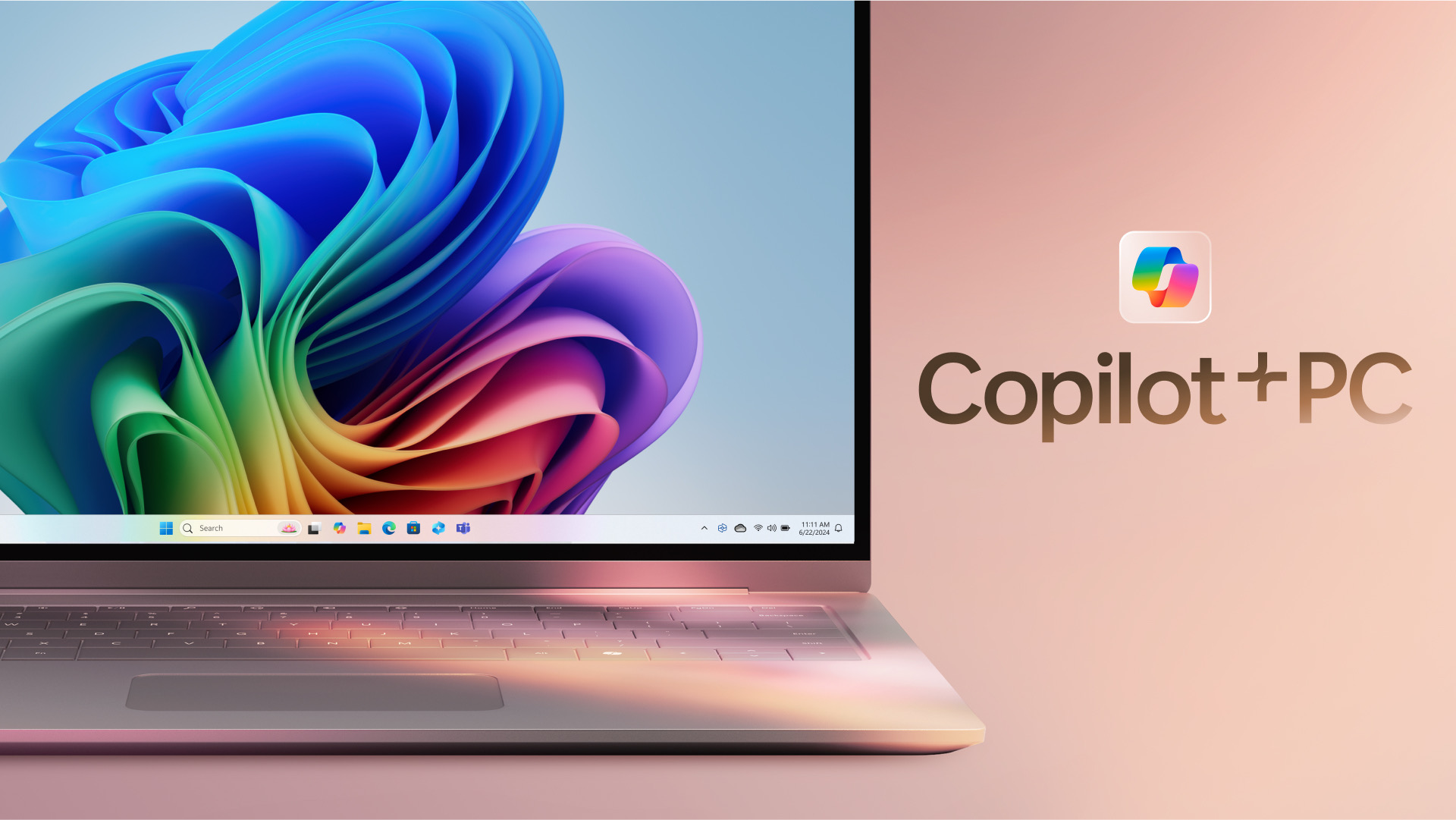
Copilot+ PCs are a collection of laptops from various manufacturers that run the Microsoft Copilot AI platform on-device. That means Copilot+ PCs can run many AI tools and features locally rather than sending your information to an external server in the cloud. On-device AI is not only faster than cloud-based AI but also (usually) more private and secure.
Copilot+ PCs run AI models locally using a neural processing unit or NPU.
All of the Copilot+ PC models announced so far use variants of the Qualcomm Snapdragon X Elite chipset, which includes an NPU capable of up to 45 TOPS (trillion operations per second).
To put 45 TOPS into perspective, Apple's base M4 chip, currently only available in the iPad Pro M4, only offers 38 TOPS. The more TOPS a chipset supports, the better its AI performance.
Copilot+ PCs use all that processing power specifically for running Microsoft's Copilot AI assistant, which isn't just a chatbot. Copilot can perform generative AI tasks, answer your questions with natural language, create live captions for audio content, improve video calls with background effects, integrate with third-party apps like Adobe Creative Suite, and more.
A Copilot+ PC functions just like a conventional laptop for the most part, with the notable addition of these on-device AI features. Copilot is there to help if you want to use it, but you can also completely turn it off and carry on with your typical laptop tasks.
What Copilot+ laptops are out there so far?
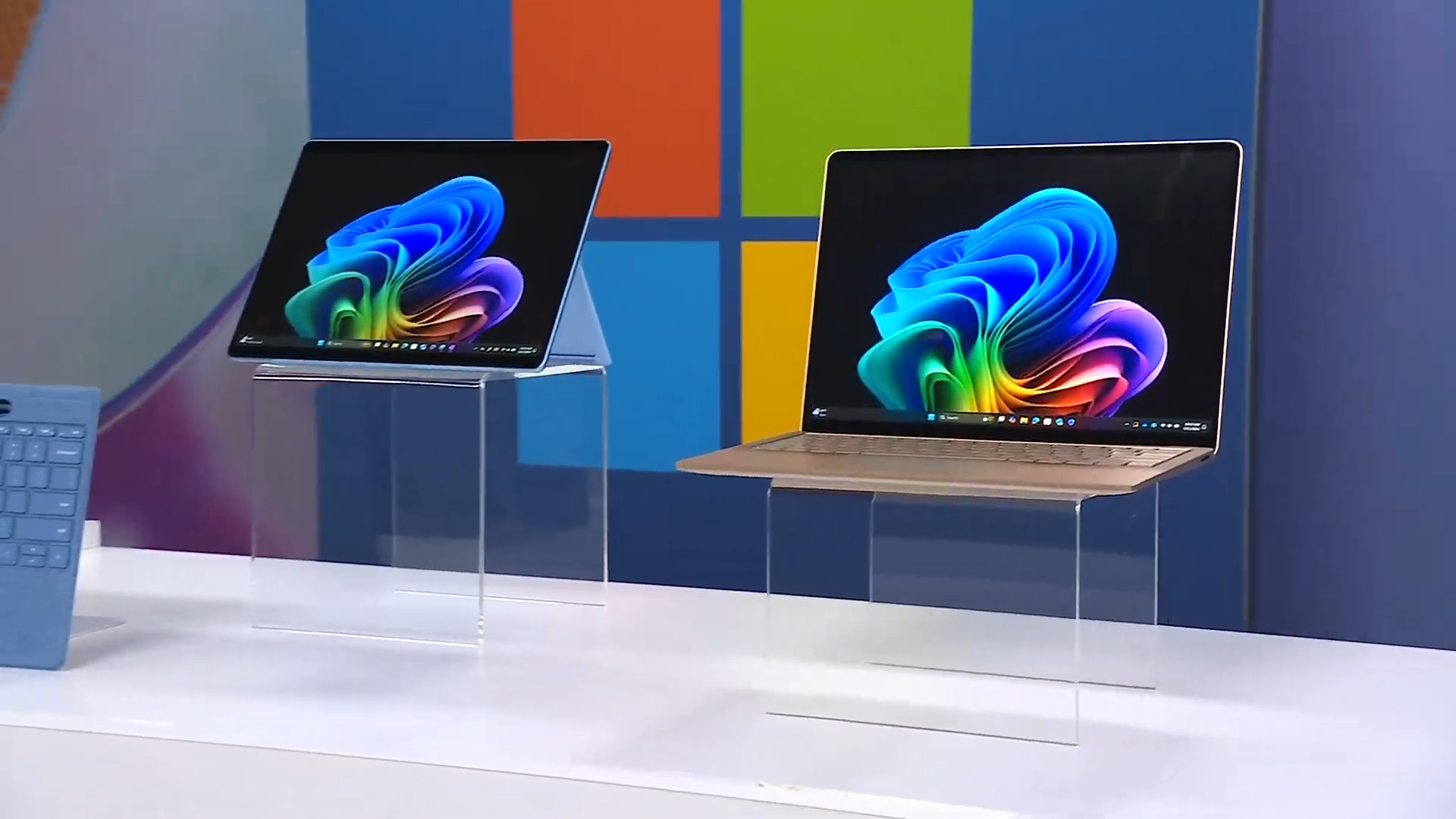
The first Copilot+ PCs were the Microsoft Surface Laptop 7 and Surface Pro 11, announced at Microsoft Build 2024. While all Copilot+ PCs run Microsoft's AI assistant, Microsoft is not the only brand making them. Several leading brands, including Acer, ASUS, Dell, HP, Lenovo, and Samsung, are also manufacturing Copilot+ PCs.
These are the Copilot+ PCs announced so far (in alphabetical order):
- Acer Swift 14 AI ($1,099+)
- ASUS ProArt P16/PX13/PZ13 ($1,699.99+)
- ASUS Vivobook S 14
- ASUS Vivobook S 15 ($1,299.99+)
- ASUS Vivobook S 16
- ASUS Zenbook S 16 ($1,399.99+)
- ASUS TUF Gaming A14
- ASUS TUF Gaming A16
- ASUS ROG Zephyrus G16
- Dell XPS 13 ($1,299+)
- Dell Inspiron 14
- Dell Inspiron 14 Plus ($1,099+)
- Dell Latitude 7455
- Dell Latitude 5455
- HP OmniBook X AI PC ($1,150+)
- HP EliteBook Ultra G1q AI PC ($1,699+)
- Lenovo Yoga Slim 7x ($1,199+)
- Lenovo ThinkPad T14s Gen 6 ($1,889+)
- Microsoft Surface Laptop 7 ($999.99+)
- Microsoft Surface Pro 11 ($999.99+)
- Samsung Galaxy Book4 Edge ($1,349.99+)
How much do Copilot+ PCs cost?
Some might assume a laptop with AI baked into it would be pretty pricey. However, Copilot+ PCs are available in a wide range of price brackets. There are many premium models, but there are also some lower-priced ones, allowing anyone to try a laptop with on-device AI.
Although some outliers exist, most Copilot+ PCs cost between $1,099 and $1,700. Some manufacturers have announced models — but not prices.
The most affordable Copilot+ PCs announced so far include:
- Microsoft Surface Laptop 7 (starting at $999.99)
- Microsoft Surface Pro 11 (starting at $999.99)
- Acer Swift 14 AI (starting at $1,099)
- Dell Inspiron 14 Plus (starting at $1,099)
If you don't mind spending a bit more for one of the most powerful, premium Copilot+ PCs, take a look at these models:
- ASUS ProArt P16 (starting at $1,899.99)
- ASUS ProArt PX13 (starting at $1,699.99)
- HP EliteBook Ultra G1q AI PC (starting at $1,699)
Copilot+ release dates: When are they coming?
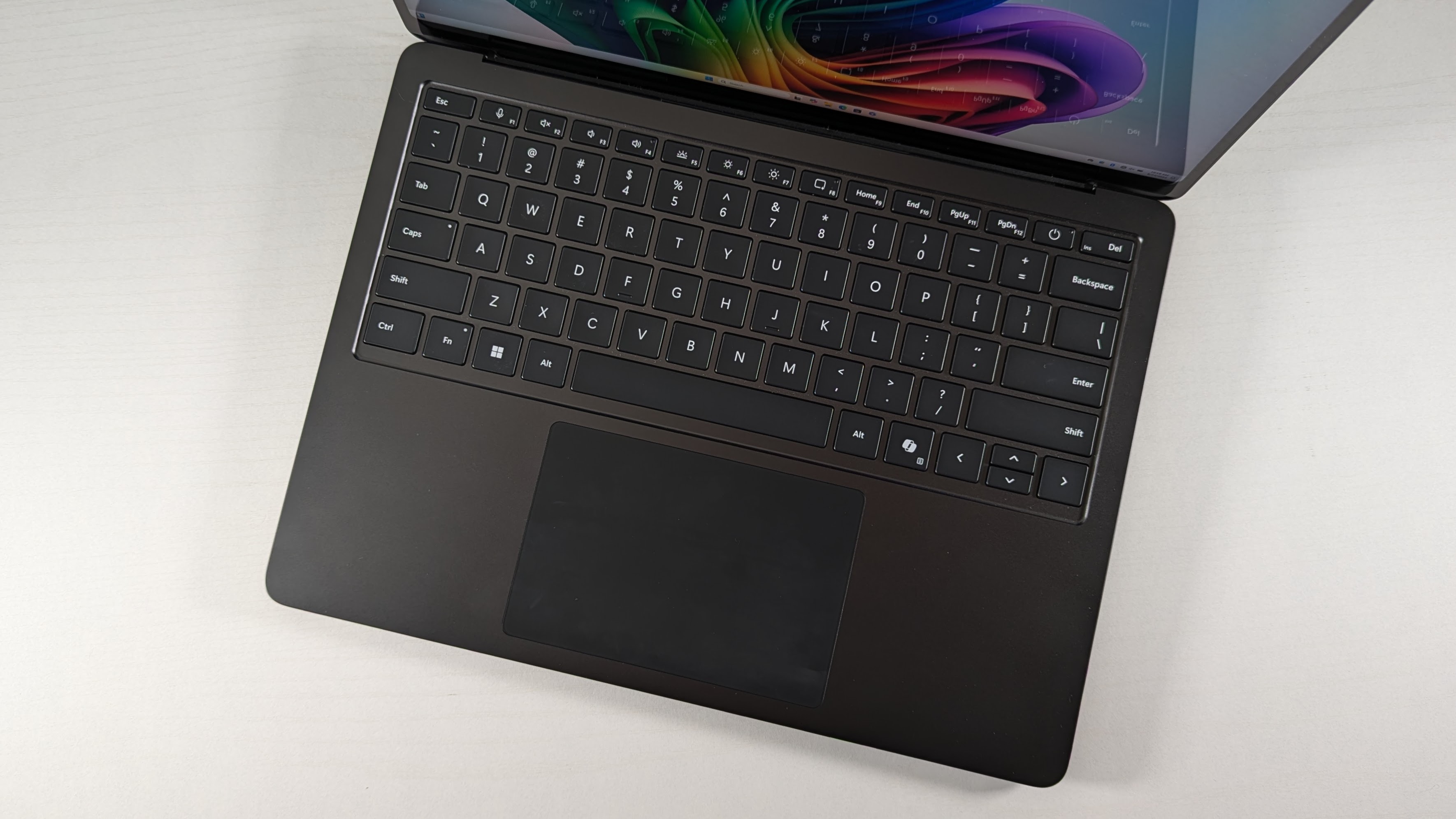
Dozens of Copilot+ PCs debuted at Microsoft Build and Computex 2024, but they aren't all available for purchase yet. However, purchase and pre-orders opened for the first wave of Copilot+ PC models on June 18, including:
- ASUS Vivobook S 15
- ASUS ProArt P16 (pre-order, release date July 28)
- ASUS ProArt PX13 (pre-order, release date July 15)
- ASUS Zenbook S 16 (pre-order, release date July 15)
- Dell XPS 13
- Dell Inspiron 14 Plus (pre-order, release date June 25)
- HP OmniBook X 14
- HP EliteBook Ultra G1q AI PC
- Lenovo Yoga Slim 7x
- Lenovo ThinkPad T14s Gen 6
- Microsoft Surface Laptop 7
- Microsoft Surface Pro 11
- Samsung Galaxy Book4 Edge
Several other models aren't available just yet but will be later in the year:
- Acer Swift 14 AI (July 2024)
- ASUS ProArt PZ13 (Q3 2024)
- ASUS Vivobook S 14 (Q3 2024)
- ASUS Vivobook S 16 (Q3 2024)
- ASUS ROG Zephyrus G16 (Q3 2024)
- ASUS TUF Gaming A14 (Q3 2024)
- ASUS TUF Gaming A16 (Q3 2024)
What are examples of what Copilot+ PCs can do?
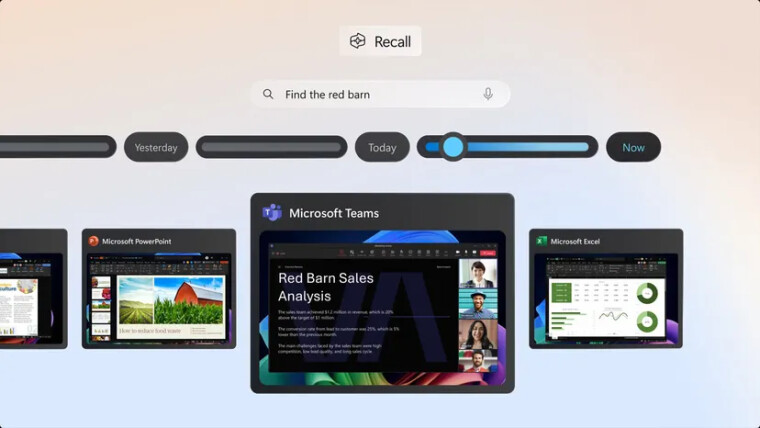
Plenty of Copilot+ PC laptops are out there already for you, but many people wonder what features make these laptops unique. What makes a Copilot+ PC worth buying over a conventional laptop?
Microsoft unveiled the first wave of Copilot+ features at Microsoft Build 2024. They range from generative AI tools to third-party app integrations to the flagship "Recall" feature. We recently ranked the top seven Copilot+ PC features, with Cocreator in Paint, Image Creator in Photos, and Recall at the top.
Some Copilot+ PC features are tools that offer basic quality-of-life improvements. For example, Live Captions uses natural language processing to generate subtitles for any audio content, even content that doesn't already have closed captions. This is a great feature for those with hearing challenges but may be popular with a wide audience due to the growing preference for watching content with subtitles on.
Copilot+ PCs can also run generative AI models on-device, which is great for fans of online AI tools like DALL-E. Copilot includes a few tools and features with image generation capabilities, including Restyle Image and Image Creator in the Photos app and Cocreator in the Paint app. Third-party integrations for creative apps like Adobe Creative Suite, DaVinci Resolve Studio, and CapCut leverage Copilot+ PCs' AI capabilities to enhance performance.
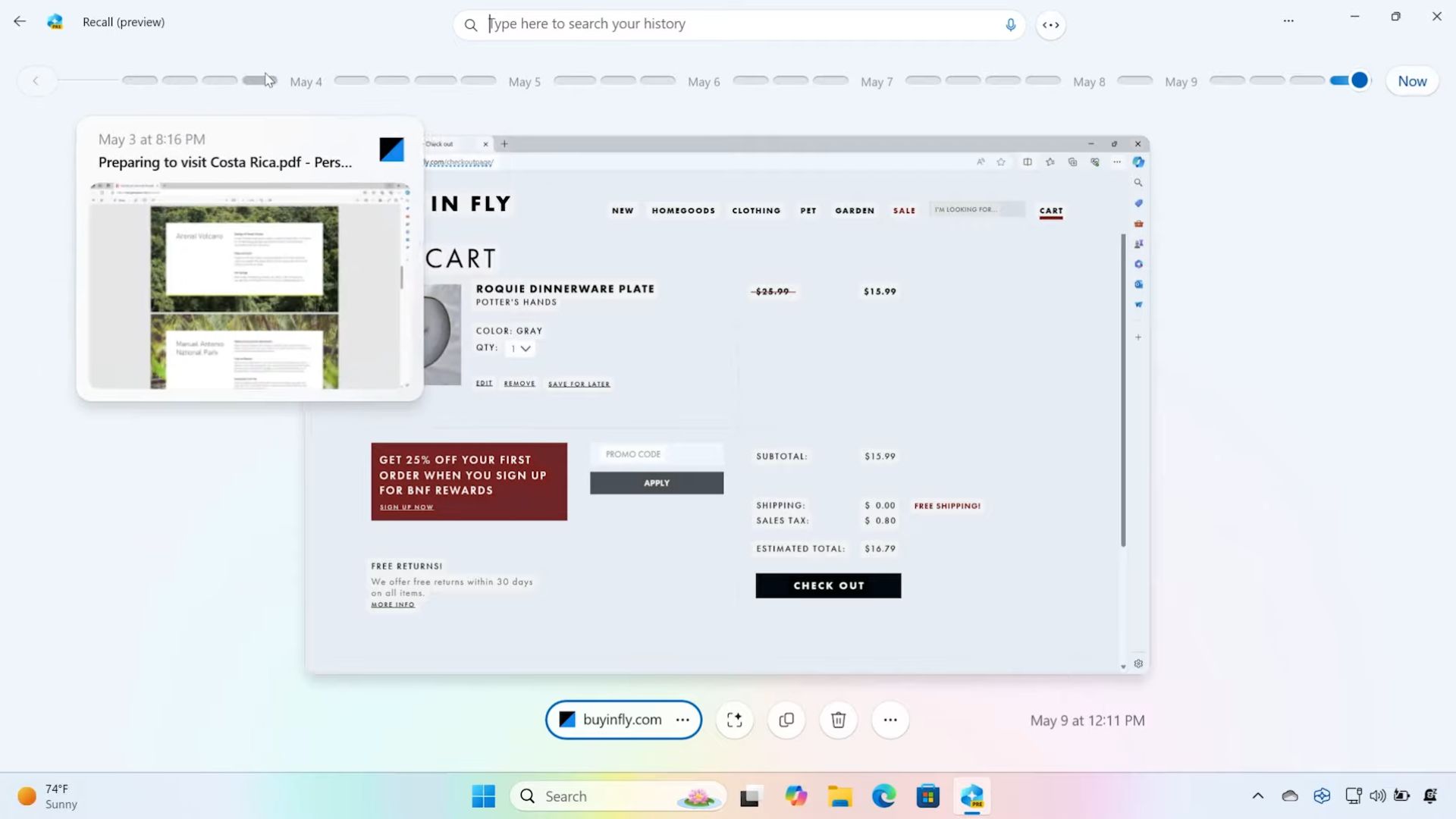
The most thoroughly discussed Copilot+ PC feature, though, is Recall. This feature monitors all of your activity around the clock on your Copilot+ PC, allowing Copilot to "recall" things if you ask it to. For example, you could ask Copilot, "What was that pair of running sneakers I was looking at yesterday?" the AI will sort through its records of your recent activity to find the webpage you visited.
That might sound useful on the surface, but some users are concerned about their privacy. Recall works by taking "snapshots" of your activity and filing that information away if you want to "recall" it.
This means Copilot+ PCs can accumulate a huge amount of data, including sensitive information like passwords, financial data, and personal messages or documents. For many people, the convenience of having an AI find lost bookmarks isn't valuable enough to risk letting an AI record everything you do on your laptop. You can turn off Recall or restrict it to certain apps, though.
However, Microsoft faced so much backlash over cybersecurity concerns that it announced Recall would not be among the Copilot+ features launched on June 18. Recall's public launch is currently being delayed for further testing and development.
Unfortunately, Recall isn't the only potential stumbling block for Copilot+ PCs. Shortly after the launch of the Samsung Galaxy Book4 Edge, a list of apps with compatibility issues appeared on the Samsung South Korea website. The list includes some major apps and games such as Fortnite, Google Drive, Adobe Creative apps, League of Legends, Halo Infinite, Valorant, APEX Legends, and more.
The issue stems from the switch to Qualcomm's Snapdragon X Elite/Plus chipsets, which use a different architecture than the Intel and AMD chips most Windows apps are designed for. Microsoft's Prism emulator is supposed to allow any app to run on Copilot+ PCs, even if it can't run natively. However, it appears that might not be the case for some apps.
Luckily, this is likely a temporary issue that could be resolved if app developers choose to create new versions of their apps and games that can run natively on Qualcomm chips.
What do reviews of Copilot+ PCs say so far?
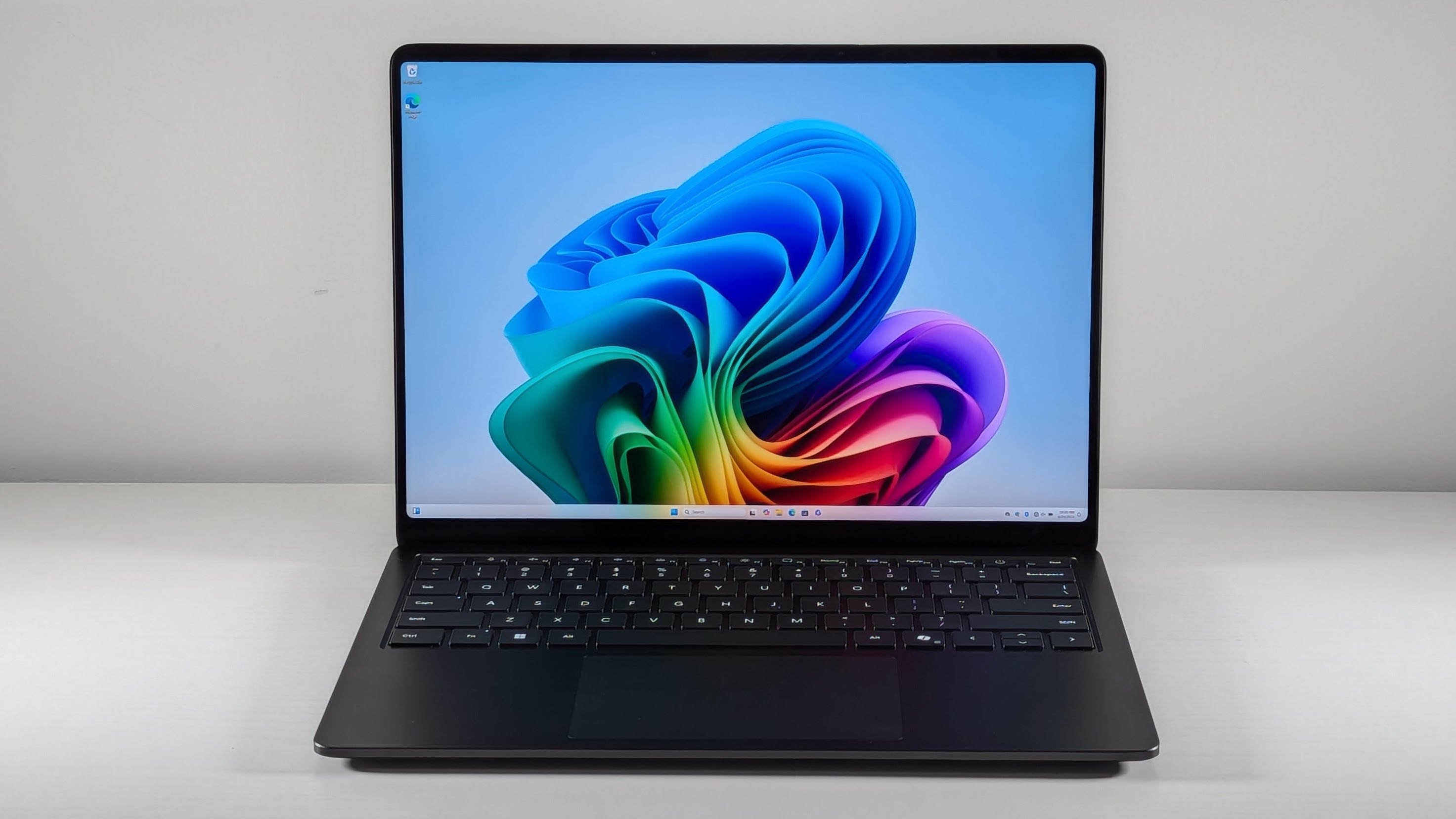
The first wave of Copilot+ PCs was released on June 18, so there aren't many reviews yet. Laptop Mag's expert lab testing team is already putting these new laptops through the paces, though, so we will have in-depth reviews on several Copilot+ PC models in the coming weeks.
The first round of lab test results is already painting an exciting picture of what to expect.
For example, early battery tests show that Copilot+ PCs boast impressive battery life, making for some strong competition with Apple's MacBook Air and Pro M3. The HP Elitebook Ultra G1q and HP OmniBook X are the frontrunners so far, both delivering over 16 hours of battery life in Laptop Mag's tests.
The Samsung Galaxy Book 4 Edge showed the strongest performance of the new Copilot+ PCs in Laptop Mag's early lab tests, scoring a whopping 15,818 on the Geekbench 6 multi-core benchmark test. That puts it ahead of the MacBook Air M3, MacBook Pro M3 Pro, Asus Zenbook 14 OLED (Q425), and the other Copilot+ PC Laptop Mag has tested so far.
The Microsoft Surface Laptop 7 performed similarly, outscoring Apple's MacBook Air and MacBook Pro in the Geekbench 6 multi-core benchmark but falling behind those models in the Geekbench 6 single-core benchmark.
While the full review for the Surface Laptop 7 will go into more detail on performance, these early results could indicate that the Surface Laptop 7 is best for apps optimized for multi-core CPUs. Most modern apps and games can tap into multi-core performance, but not all. Strong multi-core performance can also hint at good multi-tasking with numerous apps running at once.
There are still many Copilot+ PCs that haven't been released yet, so we'll have to wait a bit longer to get a look at those. However, Laptop Mag's Madeline Ricchiuto got a hands-on preview of one of the upcoming Copilot+ PCs at Computex 2024.
Ricchiuto remarked that the ASUS TUF Gaming A14 was "such a lightweight machine I didn’t quite believe my eyes." She also noted that it had a reasonably bright 2.5K 165Hz IPS display and mentioned that it "could become one of the best budget gaming laptops we’ve seen in a while."
Copilot+ PC: What is Reddit saying?
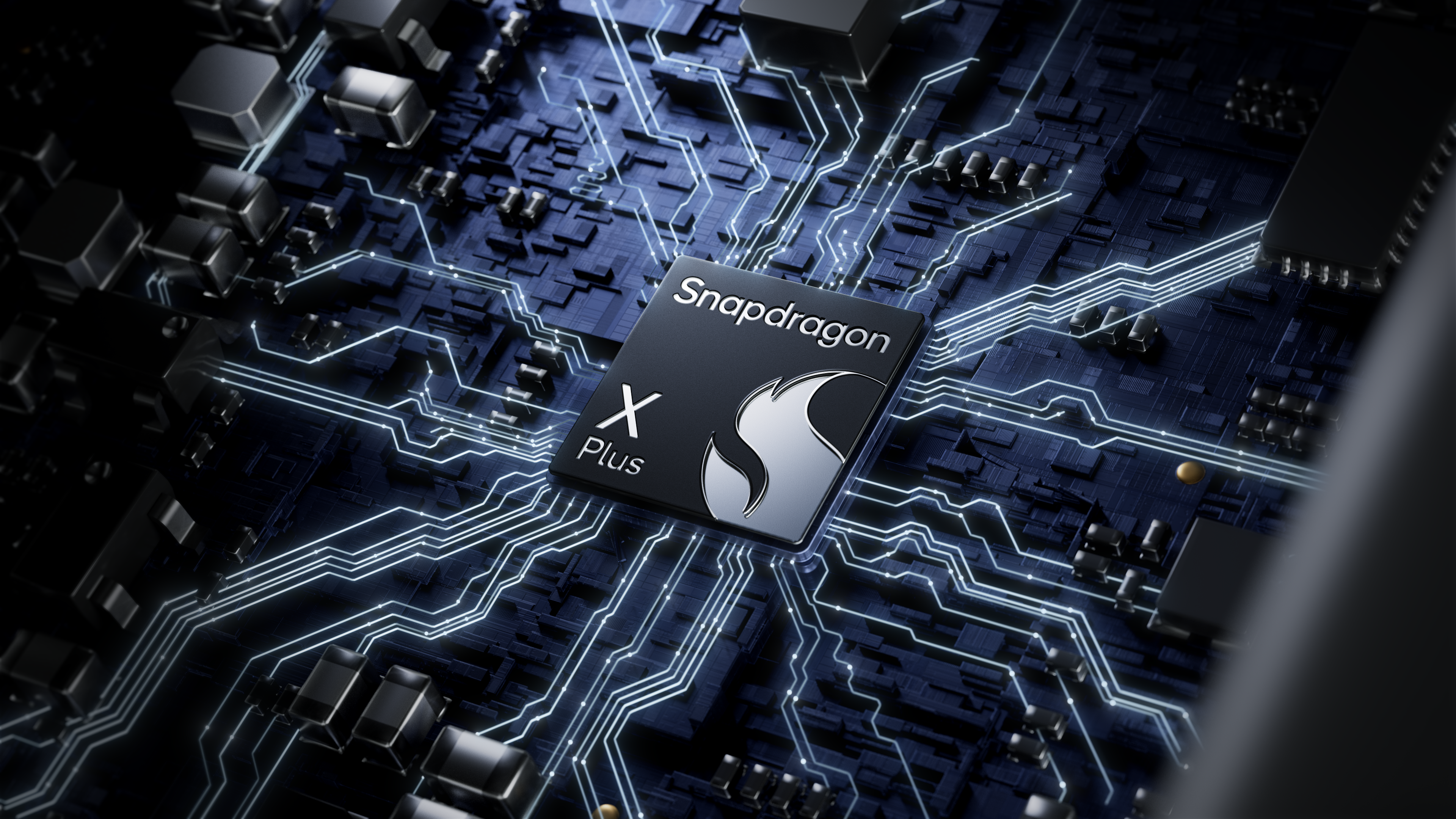
Professional reviews help get an unbiased, in-depth look at how Copilot+ PCs perform from the perspective of people who test products like this often. However, when gauging how everyday users feel about new tech, many people turn to Reddit.
There isn't a Copilot+ PC subreddit yet, but Redditors in other corners of the site have been sharing their thoughts over the past several weeks. Their posts and comments shed light on public sentiment toward Microsoft's push into the AI PC market.
For example, one Redditor in r/Windows11 asked, "Is anyone actually going to buy "Copilot+ PC" computers?" Many of the responses were indifferent, like user "warenb," who commented, "Not sure how that'll help me browse Reddit and play my 5 PC games better, so nah."
Some users looked at the Copilot+ PC announcement from a technical perspective, such as user "FalseAgent," who commented, "It's a big deal because these computers are not x86. They are efficient ARM computers that look like they will perform well without sounding like a jet engine and give you almost 20 hours of battery life... so yeah, of course, people are going to buy it."
Much of the public response to Copilot+ PCs on Reddit has centered around the Recall feature. For example, users on r/overemployed shared concerns about workplace privacy in a thread titled, "Say no to Copilot+ PCs. Microsoft Recall."
Even Apple users weighed in on r/Apple in a thread titled "Microsoft announces Copilot Plus PCs with built-in AI hardware." The competition between Microsoft and Apple ahead of WWDC 2024 was clear here, with users debating whether the Copilot AI is actually useful and whether Apple's M-series chips can keep up.
Copilot+ PC vs AI PC
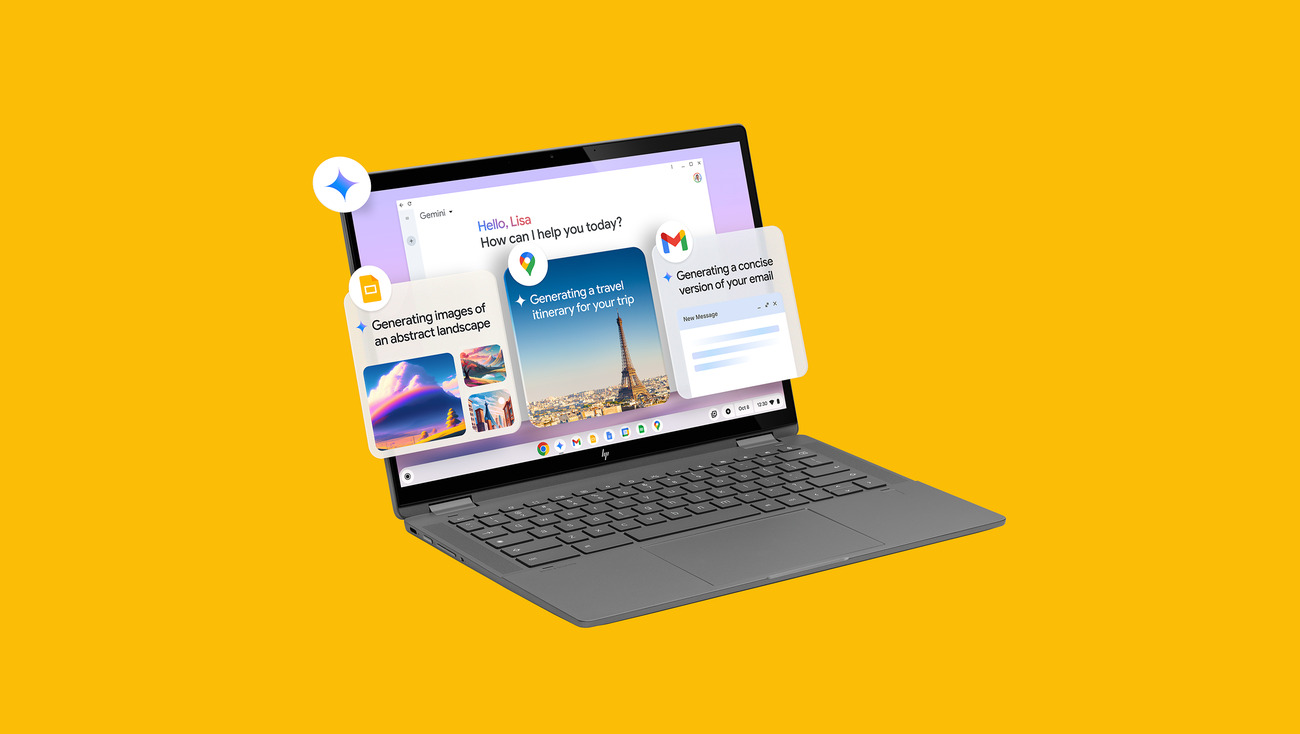
An AI PC is any laptop that uses on-device AI to offer advanced features or enhance the user experience. Copilot+ PCs are now one of the most common types of AI PCs, but they are not the only kind.
For example, the term could also apply to Chromebook Plus laptops like the Acer Chromebook Plus Spin 714, which uses Google's Gemini AI to power local AI features similar to those on Copilot+ PCs. It's just one in a new range of Chromebook Plus devices that are effectively the ChromeOS equivalent of Copilot+ laptops.
Apple is also trying to break into the AI PC market with its new Apple Intelligence platform, which will run on M-series Macs. So, every Mac with an M1 chip and above will soon technically be an "AI PC."
What's next for Copilot+PCs?
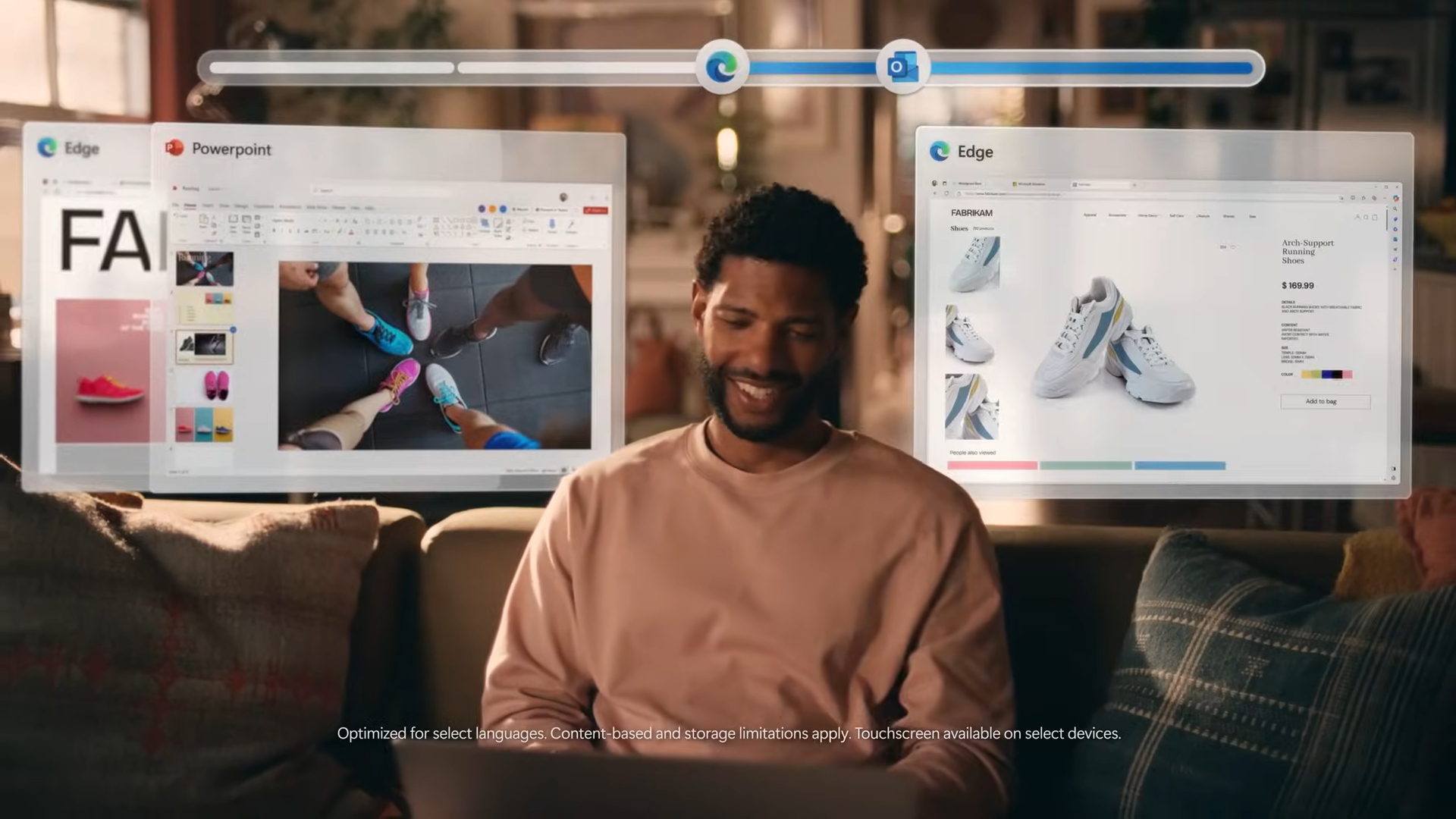
Copilot+ PCs are finally starting to hit the shelves, so Laptop Mag will share our in-depth impressions soon after thorough lab testing. If you're considering buying a Copilot+ PC, you'll have many options, ranging from the budget-friendly Microsoft Surface Laptop 7 to gaming powerhouses from ASUS, like the ROG Zephyrus G16.
The main factor to think about is whether the Copilot+ AI features will be helpful for your needs and whether they are worth the cost of one of these new laptops. However, remember that more and more new Windows laptops may launch with Copilot+ functionality. So, even if you are not specifically looking for a Copilot+ PC, you could get one anyway simply because the leading manufacturers seem to be including most of their new devices under that umbrella now.
As on-device AI tech continues to advance, we can expect Microsoft to add new features and capabilities to the Copilot AI. It's still up in the air when Microsoft Recall will get a full public release, but it looks like Microsoft will spend more time and focus on improving its security features before launching it.
We'll cover all the latest news, rumors, and product releases for the growing Copilot+ PC line-up, so stay tuned for our full reviews and more details.







